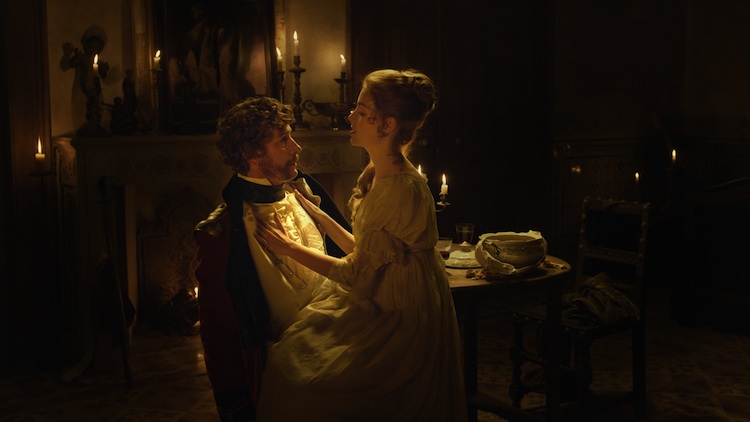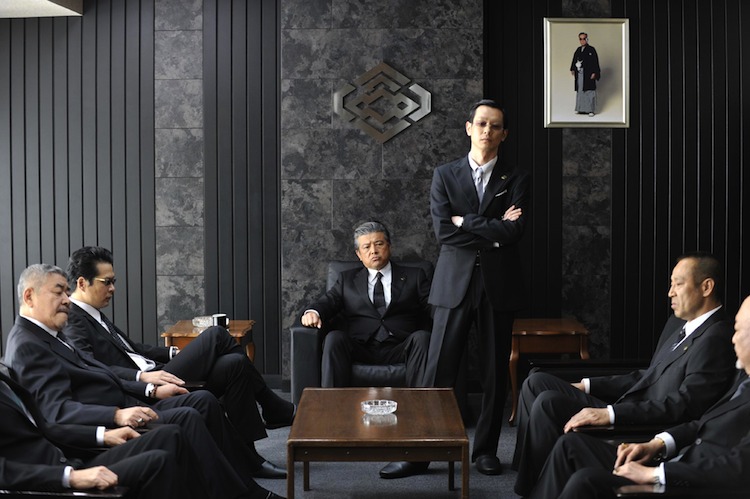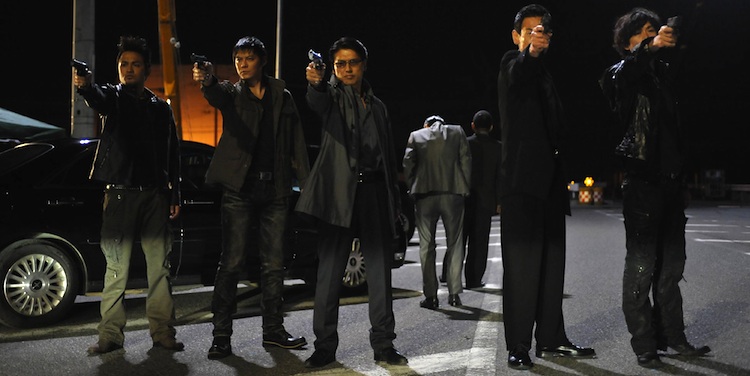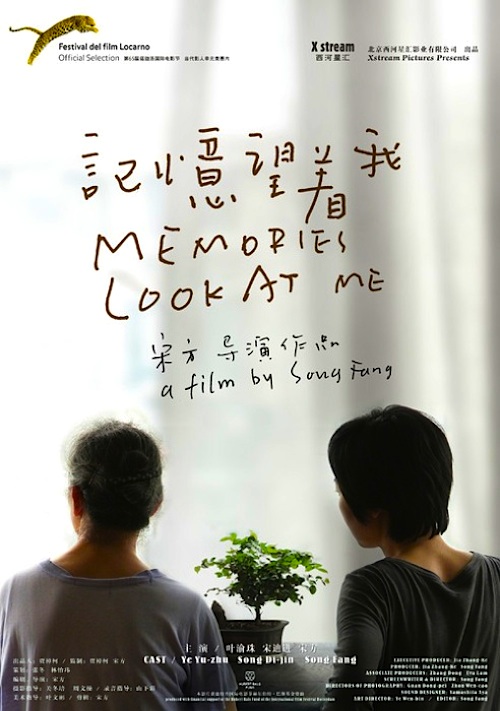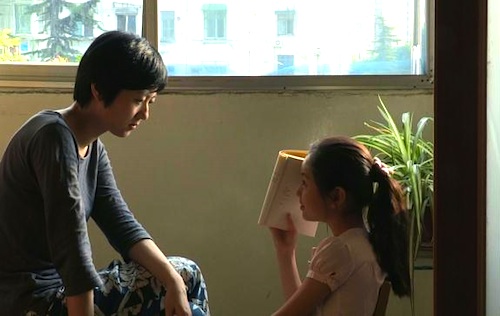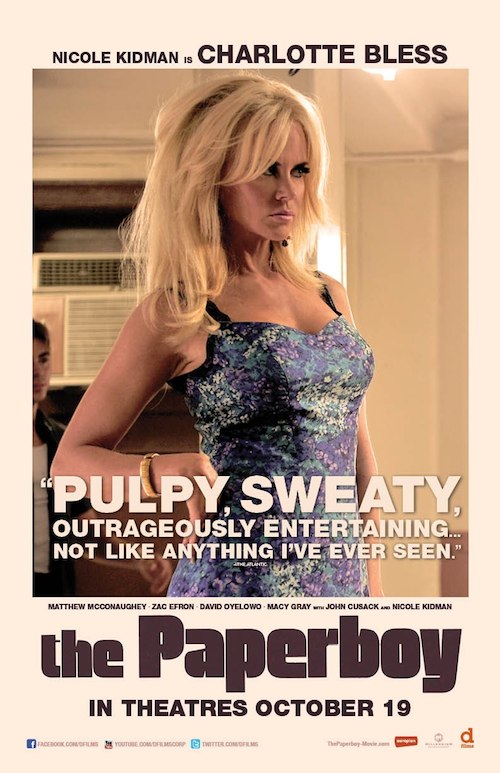By Joe Bendel. The French seem to have an affinity for the work of American novelist Douglas Kennedy. Following the relatively recent art house release for Polish filmmaker’s Pawel Pawlikowski’s stylish French co-production of Woman in the Fifth, American audiences now get a look at Eric Lartigau’s Francophied The Big Picture, which opens this Friday in New York.
Paul Exben seems to have it all. Married with two young children, he has a thriving private practice and a well equipped dark room to enjoy his photography hobby. However, cracks are appearing in the façade. Something is definitely not right with his wife Sarah. All signs point towards an affair with his neighbor, a professional photographer Exben already resents, as a symbol of his own creative failure. When Anne, his partner and de-facto mother-figure, reveals her terminal illness, Exben’s stable existence is rocked again. However, it is a confrontation with the cuckolding neighbor that truly throws Exben’s life upside-down.
Big Picture could be thought of as a big twist film, but it takes two sudden game-changing turns, rather than just springing one surprise gotcha down the stretch. For reasons that are well developed within the film, Exben finds himself reinventing himself in Montenegro, under an assumed identity. Indeed, Big Picture is all about questions of identity, both self-perceived and as assumed by others. It is also a wickedly clever thriller.
As nifty as twists and turns might be, Big Picture is entirely dependent on Romain Duris to make it tick, but fortunately, he knocks it out of the park as Exben. Duris creates a memorable portrait of a truly complex noir protagonist. Somehow, we can always understand his often rash decision making and never pass judgment. It is his movie, but he has some wickedly wry support from French character actor Niels Arestrup as the boozy expatriate newspaperman, Batholomé. Viewers will appreciate the gleam in his eye as tucks into the tasty Montenegrin scenery. Francophiles will also appreciate Catherine Deneuve, who is also characteristically engaging in the less showy role of Exben’s soon to be late partner.

Someone ought to make Lee Daniels sit in the corner a watch Big Picture over and over. Although Kennedy’s story, co-adapted by the director, takes viewers on a far wilder ride, Lartigau’s skillful execution sells it to all but the most annoyingly pedantic viewer. In contrast, the recent train-wreck of The Paperboy is considerably more credible on paper, but not one second is remotely believable.
The rocky coastal landscape of Montenegro adds immeasurably to the moody atmosphere, giving the film a truly distinctive character. One of the more successful films following in the tradition of Hitchcock and Chabrol, it is tricky to discuss without dropping spoilers, but very satisfying to watch unfold. Highly recommended for fans of moody, literate thrillers, The Big Picture opens this Friday (10/12) in New York at the IFC Center downtown and the Lincoln Plaza Cinema uptown.
LFM GRADE: A-
Posted on October 8th, 2012 at 2:20pm.
